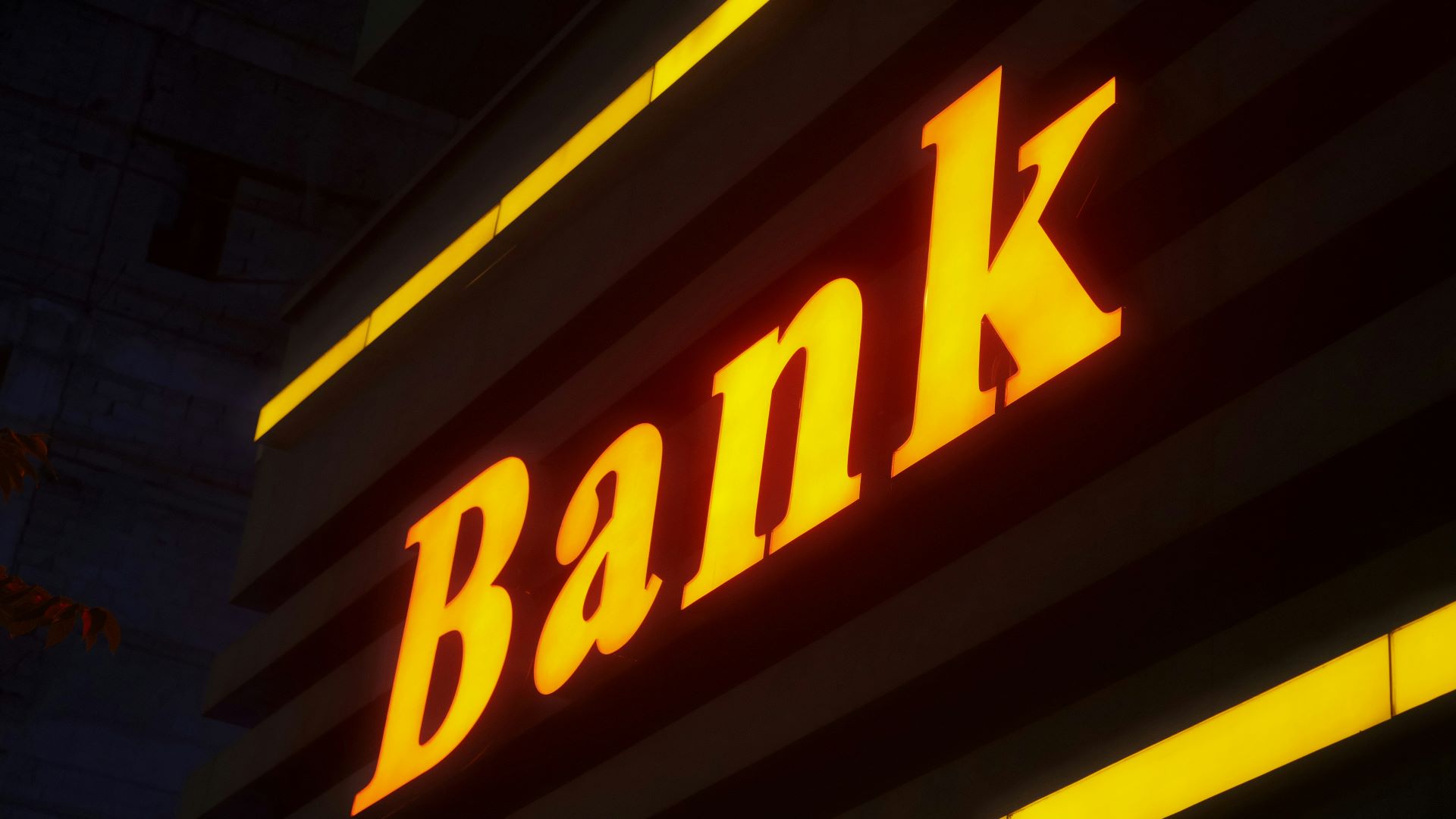Many African banks are no longer standing on the sidelines. At first, they entered the fintech wave to launch their own digital wallets and payment services, leveraging the trust they already had with customers. Standard Bank’s acquisition of Firepay, the team behind SnapScan, in December 2016, showed how traditional banks could ride the fintech boom. Equity Bank partnered with Mastercard to launch e-commerce payment solutions for SMEs in Kenya, enabling thousands of small businesses to access digital marketplaces for the first time. Nedbank invested in Aerobotics, a Cape Town–based agritech startup using drones and AI to support farmers in 2019.
Today, several banks are going further by partnering with startups, running accelerators, offering tailored SME loans, and even creating funds for women-led ventures. These moves are positioning them as serious backers of innovation.
Here are six African banks actively supporting startups and SMEs.
1. First City Monument Bank (Nigeria)
First City Monument Bank (FCMB) supports startups through access to capital, mentorship, and networking. Its Quickloans platform has disbursed over ₦100 billion ($115 million) in digital loans to SMEs in recent years, while its accelerator programs, such as women-focused initiatives such as SheVentures, Herccelerate, are nurturing the next wave of African founders.
2. Access Bank (Nigeria)
Through its Africa FinTech Foundry (AFF), Access Bank is building a pipeline of African startups. By giving startups direct access to financial infrastructure, AFF has become one of the leading corporate-backed accelerators on the continent. Since launch, AFF is said to have supported over 40 startups, with several securing follow-on funding after graduation. Access Bank has committed millions of dollars in seed and bridge funding through the program, though specific disbursement amounts are not always disclosed.
3. Equity Bank (Kenya)
Equity Bank has consistently expanded SME financing in East Africa. In 2022, it launched a $165 million credit facility to support over five million small businesses. In May 2025, it renewed its partnership with the African Guarantee Fund (AGF), unlocking $500 million in new SME lending. These facilities directly benefit startups in agriculture, fintech, and manufacturing by providing affordable working capital and driving job creation.
4. Standard Bank (South Africa)
Standard Bank has emerged as a key financier of Africa’s startup ecosystem. In March 2024, it provided an $11 million funding facility to South African fintech Float, which offers flexible credit lines to SMEs. In July 2025, it extended a ZAR 400 million ($22.5 million) facility to Paymenow, a leading earned wage access startup. Standard Bank has also partnered with Moneta Seeds and the African Development Bank to channel tens of millions in early-stage venture funding into Africa’s innovation economy.
5. Development Bank of Nigeria (DBN)
DBN has become a champion of Nigeria’s innovation economy. In June 2025, it awarded ₦13 million in grants to three local tech startups: BuyScrap, a digital marketplace for recyclable materials – ₦6 million; Qiqi Farms, which connects local farmers to hospitality and export markets – ₦4 million; Eco-Cyclers, a youth-led recycling initiative based in Enugu – ₦3 million at the 2025 Techpreneur Summit held in Lagos. The bank also provides long-term financing to SMEs, often in partnership with commercial banks, to ensure sustainable growth.
6. Development Bank of Ghana (DBG)
Launched in 2022, DBG is already making significant investments in entrepreneurship. In March 2024, it announced a GH¢1 billion ($90.5 million) fund dedicated to women-led businesses. DBG also operates a fund-of-funds model, providing capital to venture capital and private equity firms. These funds support startups in sectors such as technology, healthcare, and green energy. The bank’s goal is to catalyse thousands of jobs and position Ghana as a regional hub for innovation financing.
The involvement of African banks in startup financing signals a structural shift. Instead of simply competing with fintechs, banks are learning to collaborate, invest, and co-create. Their strategies, ranging from accelerators to billion-dollar funds, highlight how finance, innovation, and policy are now converging.
For African founders, this means more than just access to capital. It represents the possibility of scaling with strong institutional backing while still tapping into venture funding and global partnerships.
Get passive updates on African tech & startups
View and choose the stories to interact with on our WhatsApp Channel
Explore




